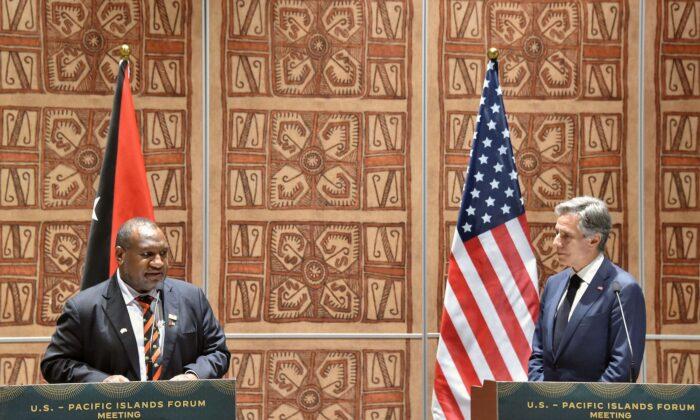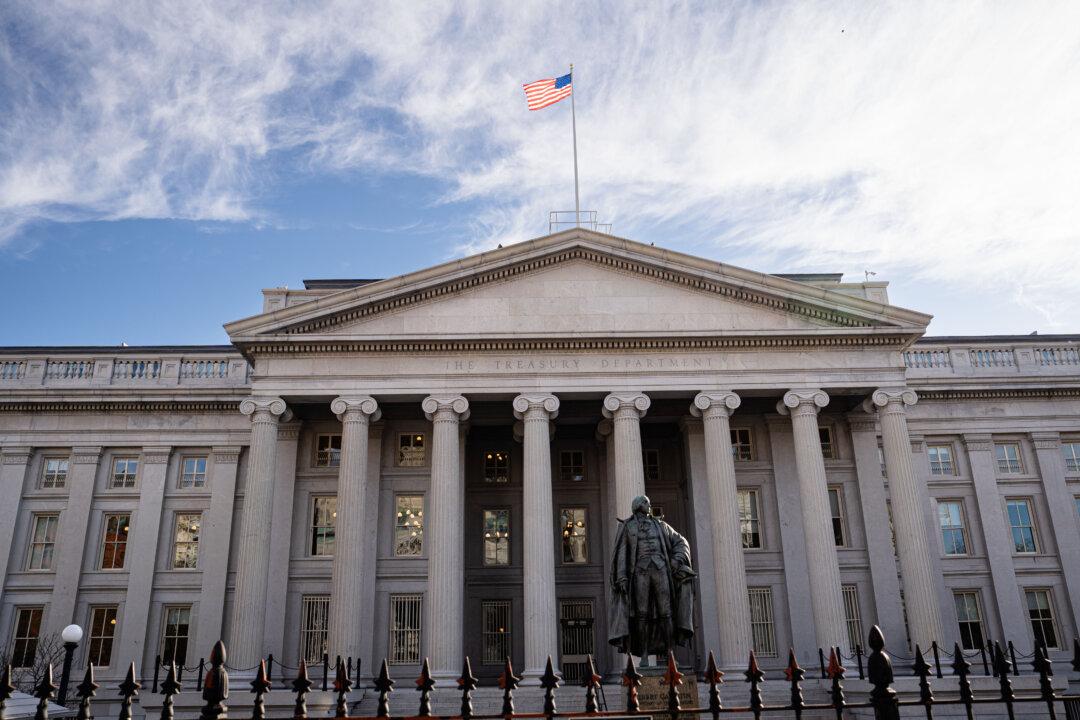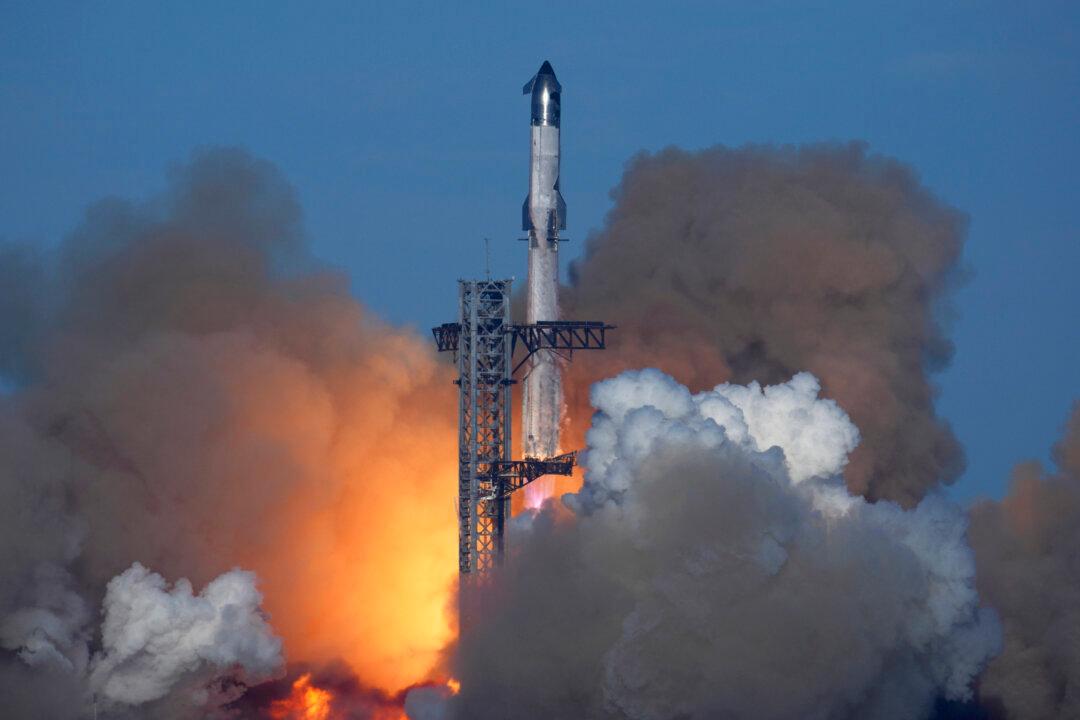The United States and Papua New Guinea (PNG) signed a defense cooperation agreement on Monday to solidify their bilateral ties as the U.S. attempts to push back China’s influence in the Pacific region.
Secretary of State Antony Blinken met with PNG Prime Minister James Marape in Port Moresby on behalf of President Joe Biden, whose planned trip was canceled due to debt limit talks in Washington.
The U.S.-PNG defense pact has not been made public, but Blinken said it would enable the United States to support PNG in building up its defense capacity, tackling illegal fishing, and providing disaster relief.
“Our defense force needs to be stepped up and supported,” he remarked.
Marape emphasized that the U.S.-PNG defense agreement “in no way breaks or encroaches” PNG’s legislation nor affects the country’s relationships with other nations.
“It does not affect—whether in China or Australia or United Kingdom or Japan or India or any other nation, for that matter—this agreement does not in one way, shape, and form stop Papua New Guinea from continuing on doing business with those we do business with,” he said.
Marape said the U.S.-PNG defense force cooperation “comes with a backdrop of elevating what was originally the umbrella status of force agreement” into a relationship “exclusive for U.S.-PNG military cooperation and military engagements and partnership.”
“This agreement is subsidiary to a treaty—it’s below the treaty level,” he noted, adding that the agreement is congruent to the country’s 1975 Visiting Forces Act.

US-Pacific Agreements
Blinken also signed an agreement with Palau and is expected to sign a deal with the Federated States of Micronesia on Tuesday. He hoped to conclude negotiations with the Republic of the Marshall Islands soon.The United States is bound with the Federated States of Micronesia, the Republic of the Marshall Islands, and Palau through the Compact of Free Association; these countries are called the Freely Associated States (FAS).
The agreement allows these states access to U.S. domestic economic programs and allows the United States to operate defense bases in these nations. The citizens of FAS are also allowed to serve in the U.S. army.
Renewing them has become a key part of U.S. efforts to push back against China’s bid to expand its influence in the Pacific. Beijing signed a security pact with the Solomon Islands last year, which many countries in the region fear could allow Beijing to station troops, weapons, and naval ships on the island.
“These exercises will be increasing in frequency over the next several years, and while they are ultimately in our national interest and in the interest of our nation’s security—of which the U.S. is our indisputable guardian—it is important that our citizens know about them well in advance so that our people do not see these activities and then immediately fear the worst,” Panuelo said.





